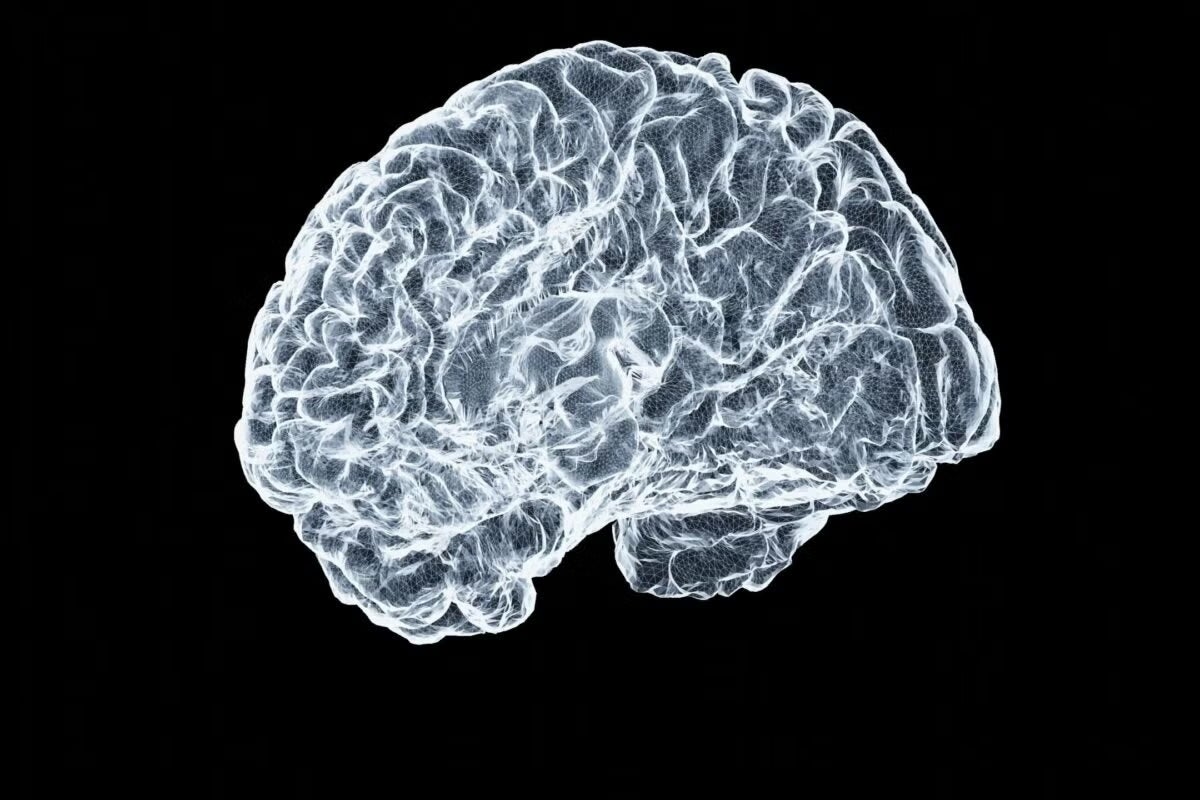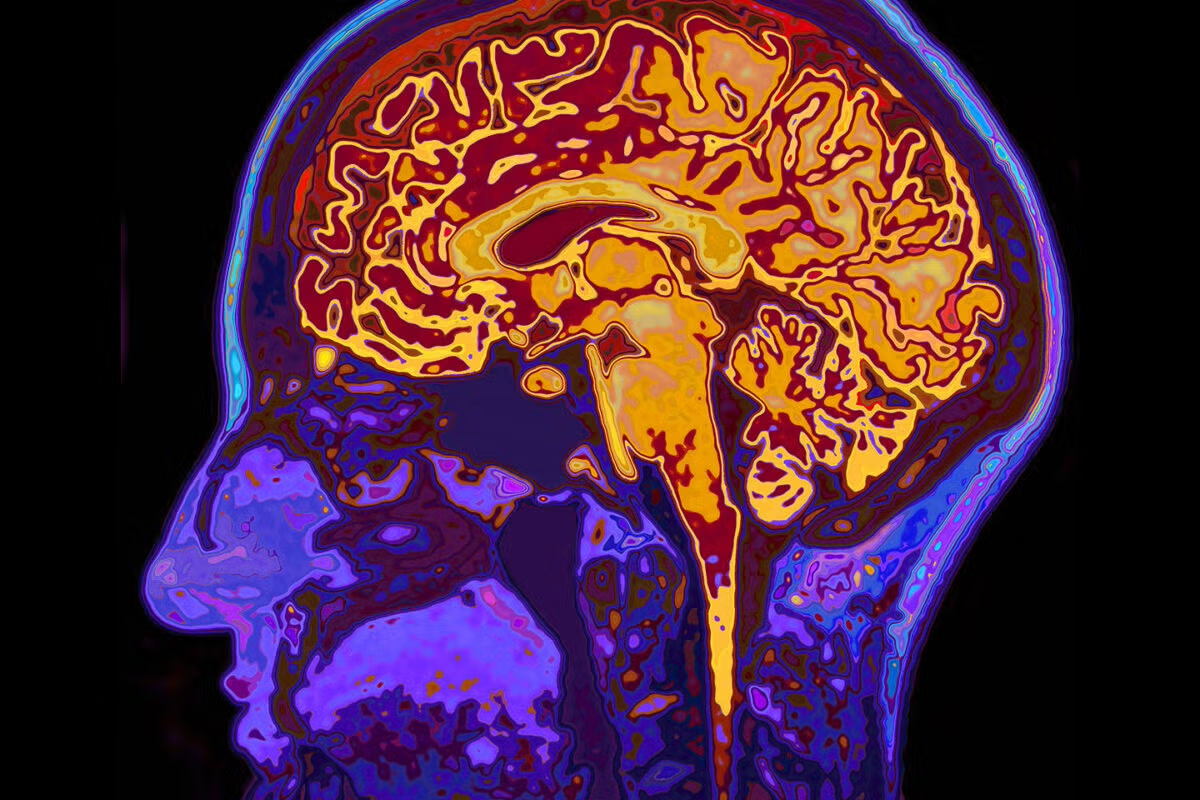Assistant Professor Lief Fenno is Developing New Tools to Treat Addiction
Neuroscientist Lief Fenno of UT Austin partakes in research which advances the understanding of addiction and how it can be treated.

A lot of excitement in recent years has centered around a new set of tools that allow researchers to turn neurons on and off in the brains of living animals using light. These tools, called optogenetics, hold promise for a better understanding of how memory and learning work in healthy brains and might lead to new treatments for a host of disorders, including Alzheimer's, Parkinson's, depression and addiction.
Lief Fenno is a new assistant professor of neuroscience who is using these tools and developing new genetic approaches inspired by optogenetics, in his clinical research on the medical management of addiction. He also has a faculty appointment in psychiatry in the Dell Medical School.
What drew you to neuroscience initially, and then eventually psychiatry?
The big turning point was that my grandfather had a very unfortunate variant of Parkinson's disease and had some side effects from medications that led him to have a number of hallucinations and delusions. Nobody knew anything. I couldn't figure out what was going on. And so I started to research and learn more about his disease process. And that was what initially got me interested in neuroscience. I went on to this M.D.-Ph.D. program, and as I did my psychiatry training, thinking about my relatives, I went at it with a perspective of, "How can I help this person to improve their life?" That made it very personalized. I really like that and I think that psychiatrists can play an outsized role in helping people to really improve their life circumstances. And so it's why I went into psychiatry.
What do you hope to accomplish during your time here at UT?
The work I want to accomplish in my lab is in two streams. One is building new gene therapy approaches to create personalized disease treatments for psychiatric illness. That involves designing new tools that are like optogenetics but are really thoughtfully created from the ground up for use in humans, as well as nonhuman primates. Then the second stream is understanding more about what the opiates that our brain makes do. When we talk about opioids, we think about heroin and fentanyl. But our brain makes opiates naturally. So endorphins, for instance, which people talk about as a runner's high. We don't understand a lot about what these do beyond pain and addiction, and it's likely that they influence lots of different aspects of experience like mood and behavior. So a lot of the work in my lab is using optogenetics and other techniques to understand the specifics of how these bits work so that we can actually harness that knowledge for treating different psychiatric illnesses.
One of your areas of clinical specialization is the medical management of addiction. Why?
I feel like I can connect with patients who have an addiction in a way that is really quite helpful and I think it was different than the way that some of my colleagues connected with them. Oftentimes it's true in much of psychiatry, especially for patients suffering from addiction, their lives are disasters often like they have a bomb field behind them. Their relationships are blown up, they lost their job, there's usually some sort of legal issue involved. But with treatment, they get better. It's a very treatable disease.
Why did you choose to come to UT Austin?
There are a few things I liked about UT and about Austin. So one is that it is a public university, which I was excited about. It has a kind of core mission to train and teach. And there's lots and lots of students, and I like teaching students and having students working with me in the lab. It's also a new part of the country for me, which I am excited about.



